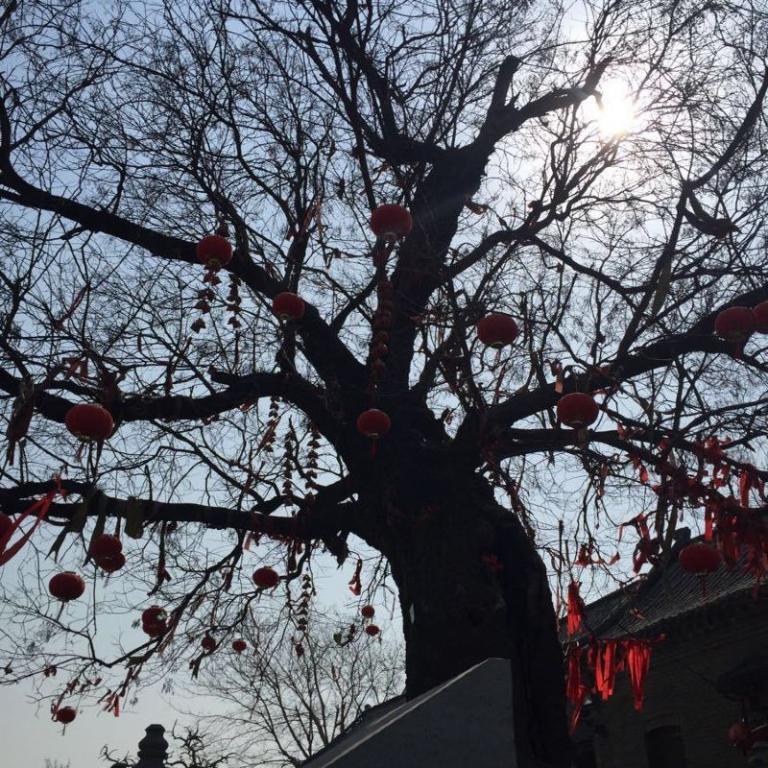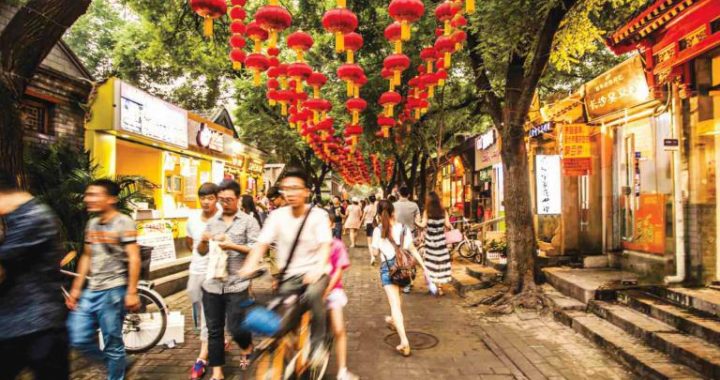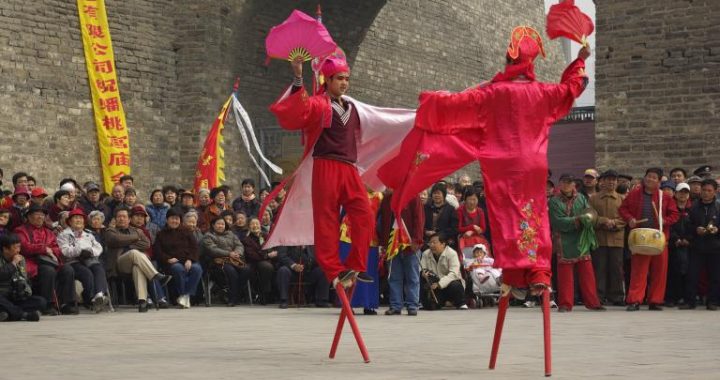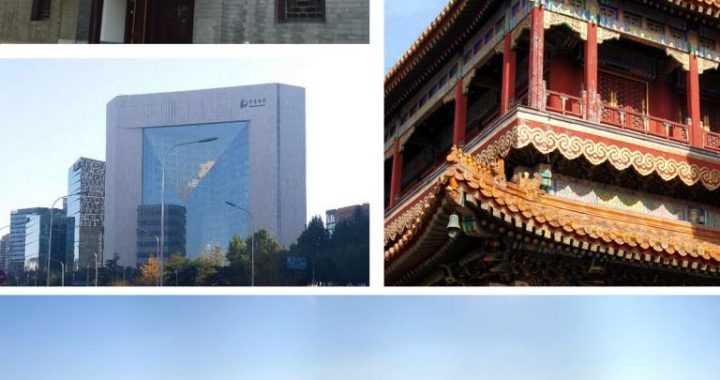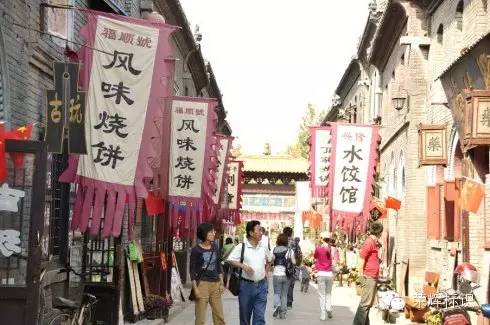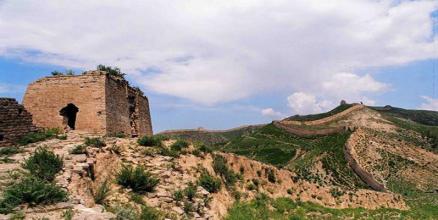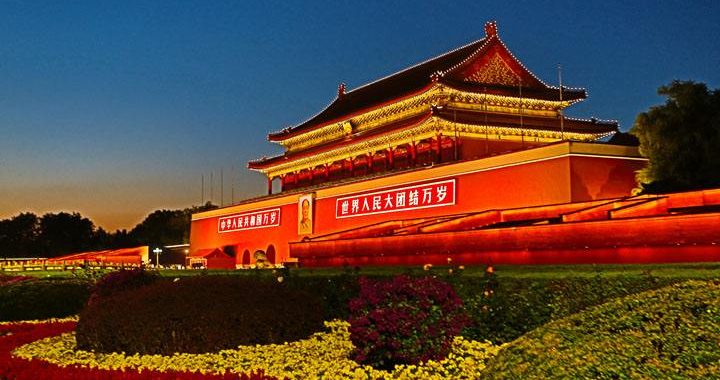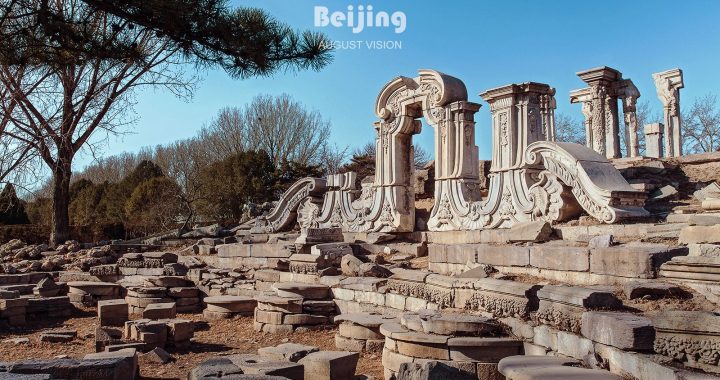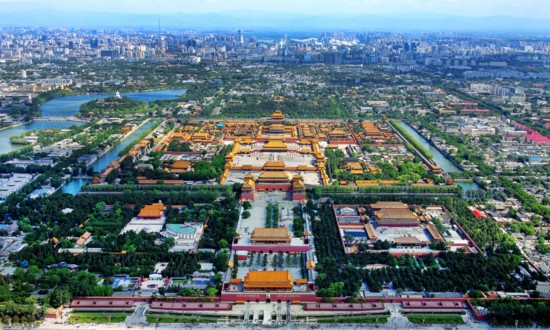Water resources in Yangjiatun Village, Beijing
3 min readAll the less than 100 households of Yangjiayu Village inhabit a mountain area where plentiful spring water flow freely. In the past few decades, when the western suburbs ofBeijing experienced an extensive drought and some villages were even short of water forhuman consumption, Yangjiayu had no such problem with water supply. The village wellsare time—honored and revered in a unique way.
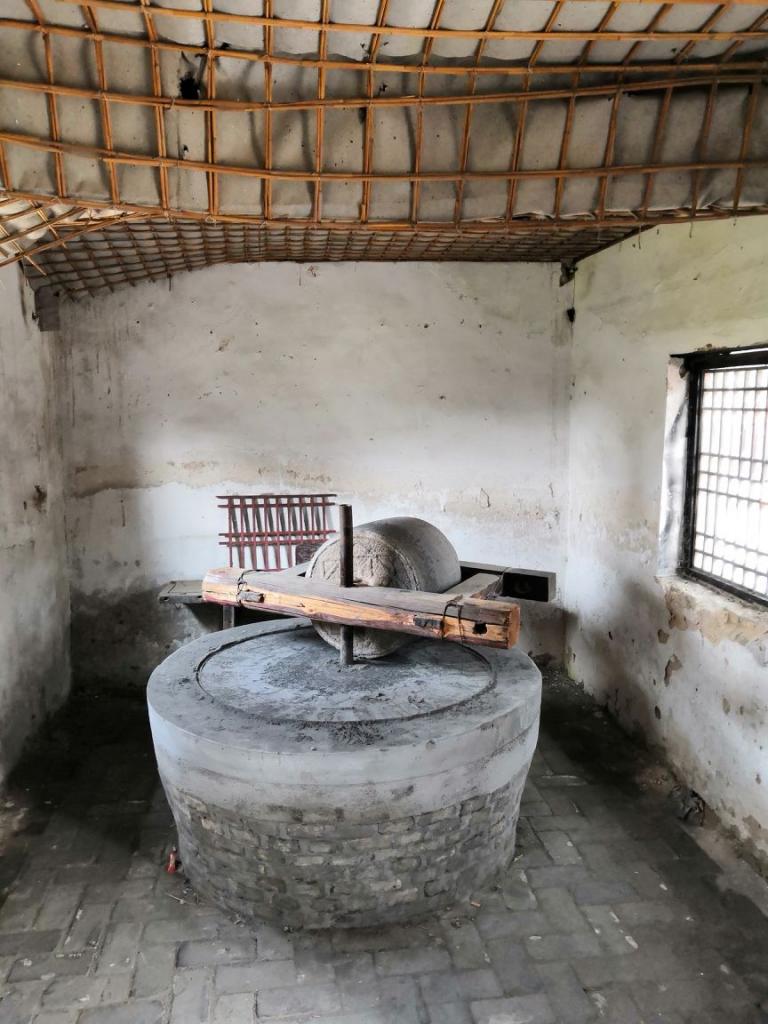
Yangjiayu has five wells, their ages unknown. Each has a special cultural connotation ‘attached, which has been passed down for generations. There is: “Longevity Well,” “FarmingWell,” “Reading Well,” “Weaving Well,” and “Beauty Well,” respectively.
The “Longevity Well“ corresponds to “water” of the “Five Elements.” Situated at thejuncture of four lanes in the center of the village, it was originally a mountain spring, flowingall year round; the water warm in winter and cool in summer. Later, as the village populationincreased, streets were constructed above the spring; hence the birth of this well. “Longevity MOUNTAINOUS MYSTIQUE — YANGJIAYUWell” is more than three meters in depth, the distance between its opening and the water’ssurface is only one meter, and even less during rainy seasons. This is rarely seen in mostdrought—inclined mountain areas. In the past, there were a pavilion, stone tablets, and balustersabove and around the well, but these are gone now. And the original wood windlass hasbeen replaced by a sturdy iron version.
Why was this well named “Longevity?” Since ancient times, the Villagers of Yangjiayufor the most part lived long lives, with an average life expectancy of nearly 90. In recentyears, scientists tested the water drawn from this well, and the result showed that the watercontains rieh minerals and various microelernents that are indispensable for human health.This explains the long lifeexpectancy of the local Villagers. According to traditional Chineseconcepts of Yin and Yang and the Five Elements (metal, wood, water, fire and earth), wateris natured to nourish all things on earth. Many of the elderly villagers, now 80 years andolder, have witnessed the three eras of the Domestic Revolutionary Battle, the War ofResistance Against Japanese Aggression, the founding of the People’s Republic, and thestill underway reform and opening—up. Of them, Yang Jingt‘ang, Yang Xingmin, and YangXingnong are nearly 90 years of age.
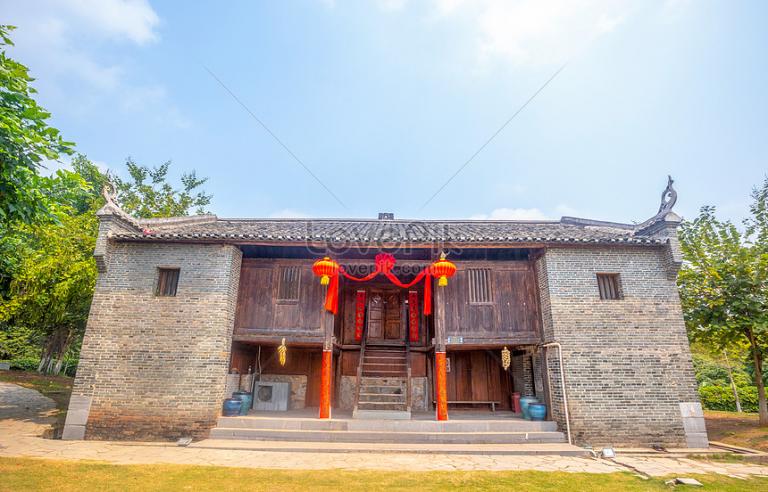
The “Farming Well,” corresponding to “earth” of the “Five Elements,” is located onthe terraced field in front of the Dragon—Phoenix Pine. Since sowing and reaping dependson the soil, this well serves to irrigate the farmlands in the east and south of the village.
The “Reading Well,” corresponding to “metal” of the “Five Elements,” lies in thecourtyard of the home of Yang Maofa, who was famed for his love of reading and his effortsin promoting education. Due to its flexible properties, metal is a symbol of education, whichenables a transformation in people’s quality arid character. The preponderance of manytalented people in this village can be largely attributed to the local tradition in respectingeducation. It is said that one who often drinks the water from this yvell will become cleverand intelligent.
The “Weaving Well” corresponds to “wood” of the “Five Elements.” Located by thesoutheastern woods, the well was dug with the purpose of planting mulberries and raisingsilkwormsi Long ago, mulberries were planted everywhere in the village, and the businessof silkworm husbandry boomed.The “Beauty Well,” corresponding to “fire” of the “Five Elements,” lies to the fore ofthe Roller Mill three meters southwest of the “Longevity Well.” This well was originallydug for fighting fires and maintaining a mutual balance with the neighboring “Water Well.”Aharmonious meeting of the “Fire Well” and “Water Well” implies a comfortable and beau-tiful life. It is said that one who regularly drinks the water from the “Beauty Well” will intime develop a pure complexion and beautiful hair. Indeed, among the villages in ZhaitangTown, Yangjiayu is famous for its beautiful women. In ancient times, on such occasions asa wedding, becoming pregnant, and giving birth, the villagers especially drew water fromthe “Beauty Well” for bathing, in an attempt to add beauty. Of course, it may seem contra—dictory to relate a well of water to “fire,” since it is widely believed that water and fire areenemies in nature. However, it is such a marriage that embodies the Taoist culture of “waterand fire assorting with each other” (from I—Ching) and reinforces the concept that peoplesimply wish for a harmonious and peaceful life.
